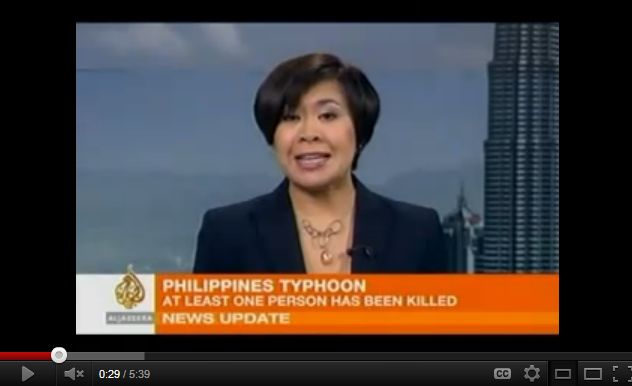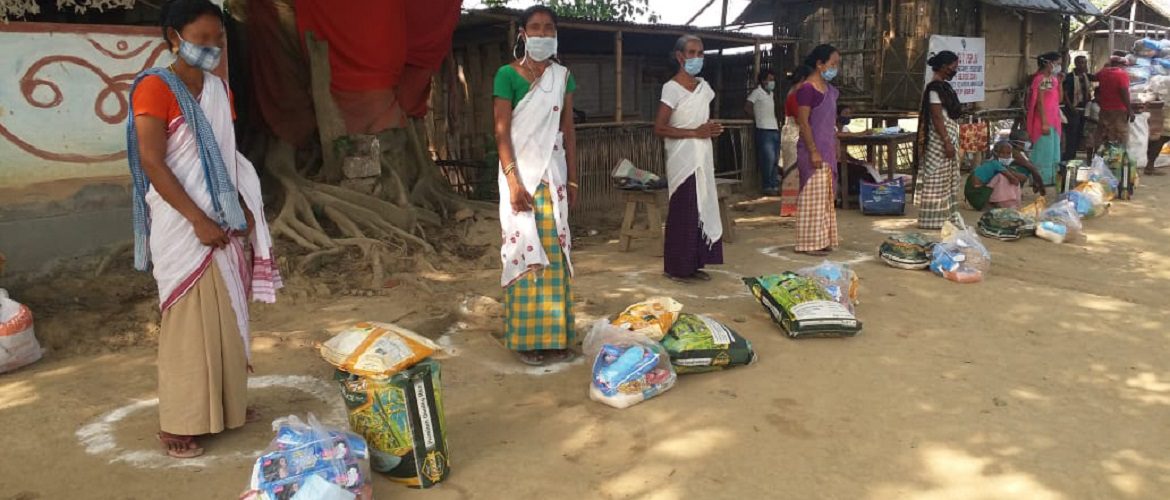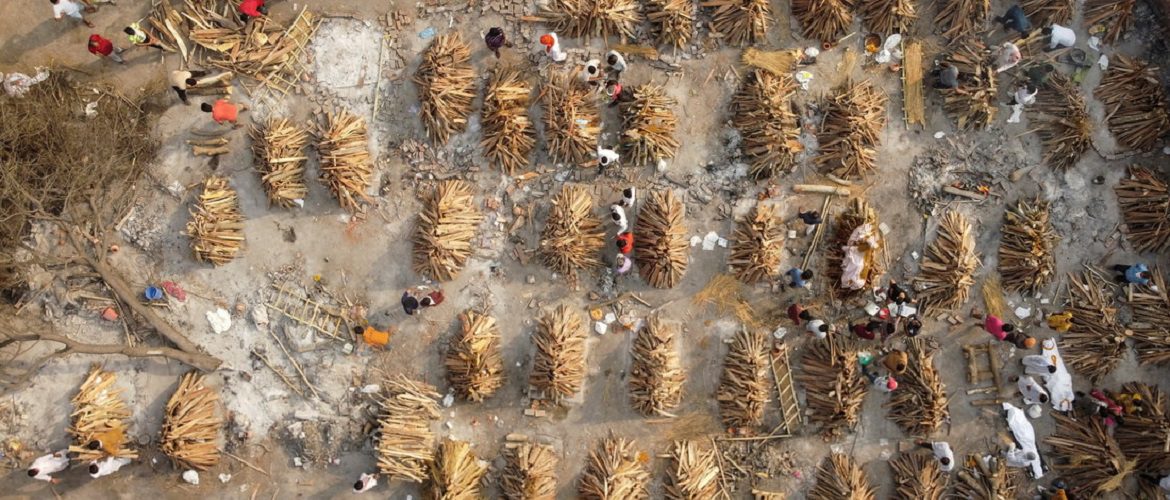The northern Philippines was battered by Typhoon Megi earlier this week, with 11 deaths and 16 injuries reported so far from the storm. Classified as a super typhoon, Meg packed maximum sustained winds of 225 kph near the center and gusts of up to 260 kph. Oxfam is on the ground assessing the emergency needs of those affected – especially shelter, food, water and sanitation.
Megi made landfall in the northern Philippines before noon on 18 October, affecting a total of 200,000 people. At least 94 homes have been completely destroyed by the storm, and another 893 have been damaged. Several landslides blocked major roads, making access difficult. Some areas are still without electricity, but communication lines have been restored.
The main casualty in Tarlac province, one of the areas where Oxfam is working, has been agriculture. According to the Department of Agriculture the damage is estimated at almost 170 million pesos (AUD $4 million), with 1,722 families in the region affected.
Casualties have been expected to be low because of preparedness measures, according to the National Disaster Risk Reduction and Management Council (NDRRMC), the lead government body coordinating emergency response.




